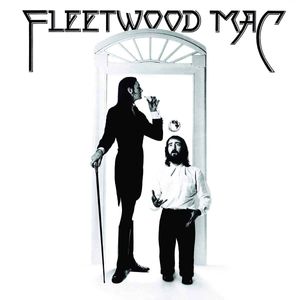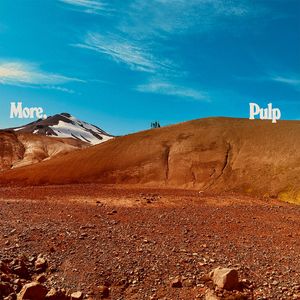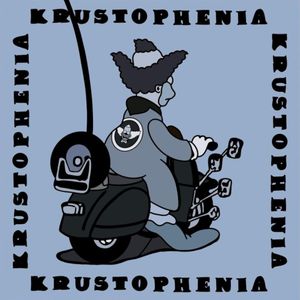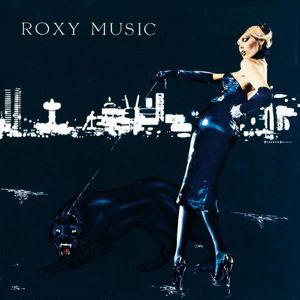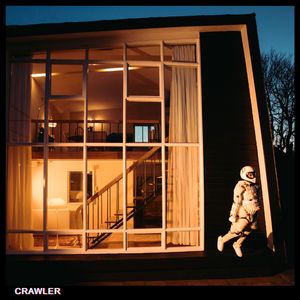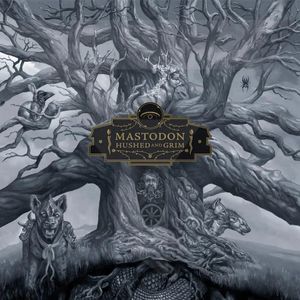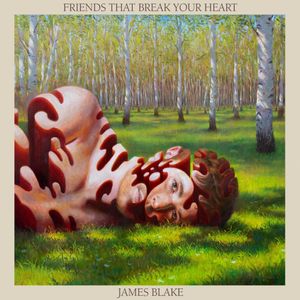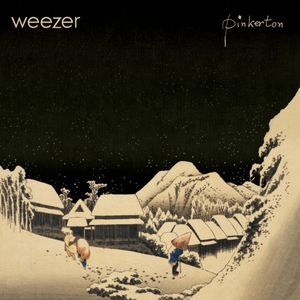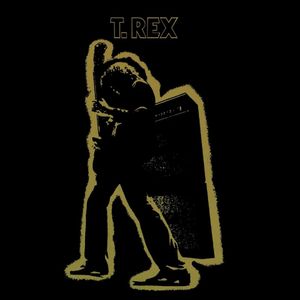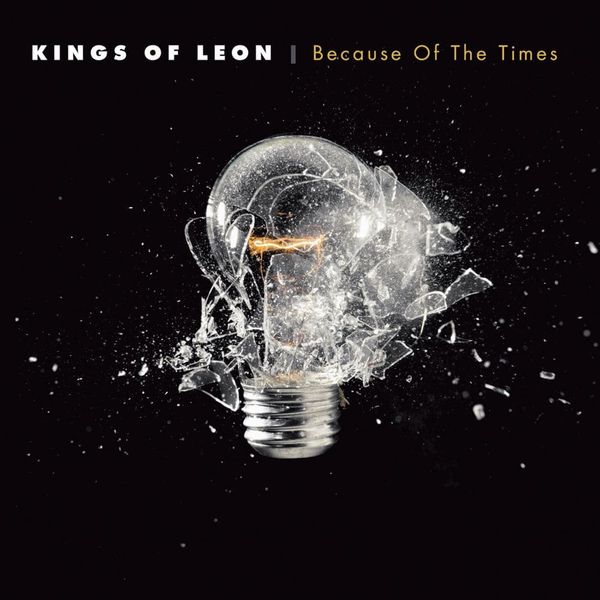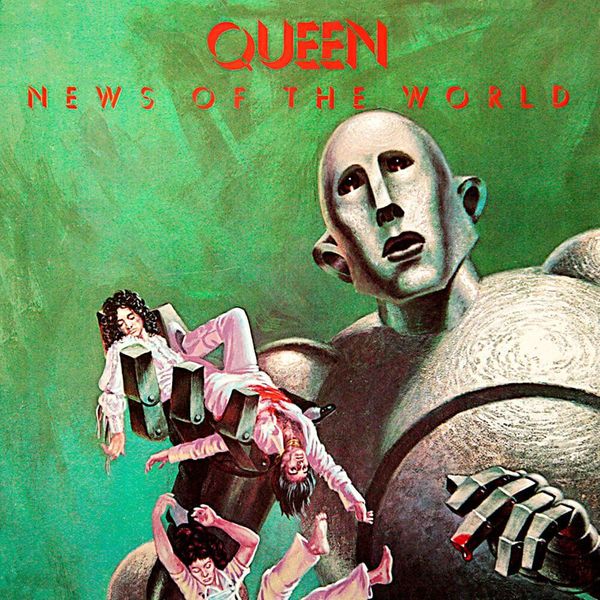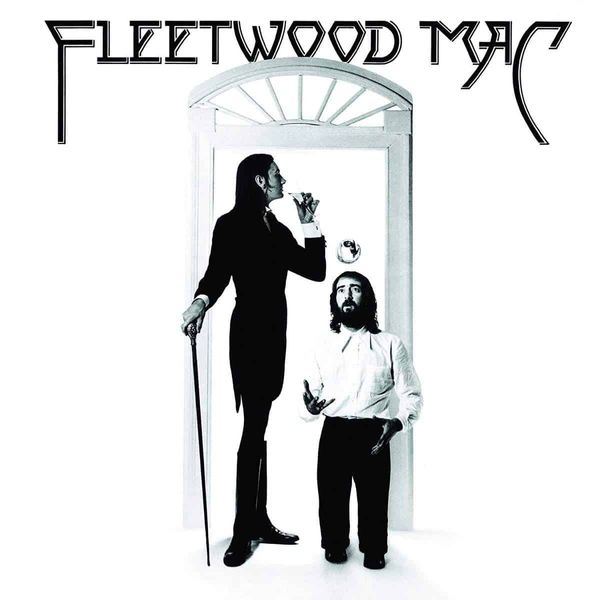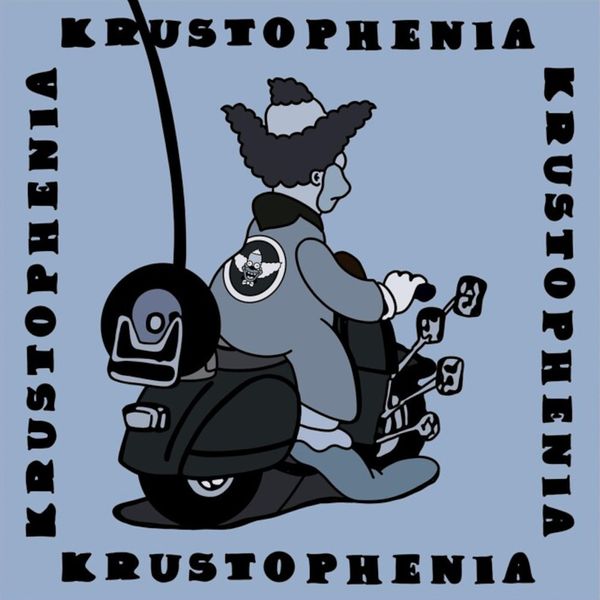Darkness on the Edge of Town
Bruce Springsteen
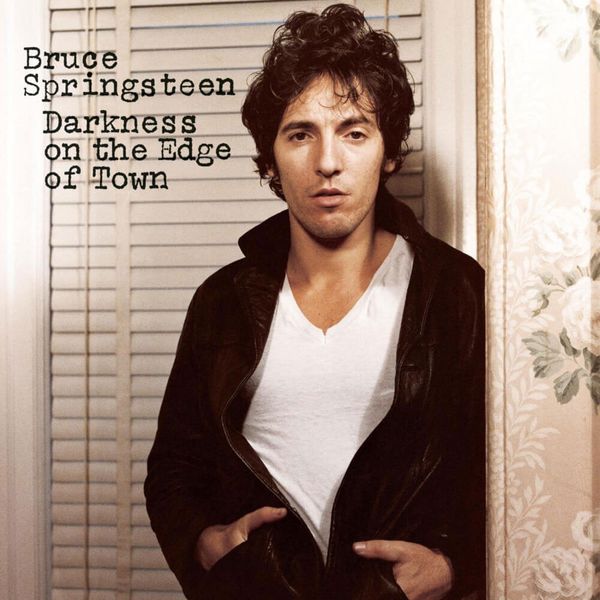

Essential Tracks
- Streets of Fire
Favourite Tracks
- Badlands
- Adam Raised a Cain
André
Bruce Springsteen is nothing if not a romantic. He thrives on finding the pleasures and grieving the pains of daily American life through the process of rock and roll. It’s an affecting formula, but I find the degrees of success vary with each record. The difference between Darkness on the Edge of Town and its predecessor, for example, is striking. Born to Run is ridden with drama and composed with enchanting sensibilities, whereas this is a little more real, and in many ways a lot more cruel.
Lyrically, this is one of Springsteen’s finest hours. Considering he was only in his late 20s, The Boss sounds wise and tremendously authoritative. His words are a wonderful insight into the working class of America. The characters, with their respective narratives, are always captivating, and it’s helped enormously by Springsteen’s distinctive, adaptable, and utterly powerful voice (his performances here are clearly a huge influence to the likes of Win Butler). That said, I couldn’t say I ever connect emotionally with the stories, as well told and beautifully illustrated as they are. There’s something about the album that hits the American dream right on the head, and I’d probably get more out of it if felt more passionately about the ethos. I am merely a cynical Brit.
My endearment with Darkness lies mainly in its grandiose makeup and its epic production. The atmosphere is so vast; the overall sound so huge. Albums like The Joshua Tree, and even more modern efforts like Because of the Times, clearly held Springsteen’s records as references. I appreciate that it’s virtually blasphemous to even suggest this, but I think the formula has been bettered.
Maybe I’m a spoilt millennial music listener who has the benefit of hearing modern albums heavily influenced by Darkness, but I find a great deal of the songwriting to be formulaic and slightly predictable. Put simply, I’ve now heard it all before. I still get a big ol’ buzz from Born in the USA, mostly due to the enormous anthemic choruses and the ironic wit. In the case of Darkness on the Edge of Town, however, I find myself in a state of admiration rather than satisfaction.
Favourite tracks //
- Streets of Fire
- Racing in the Street
- The Promised Land
Fred
Darkness on the Edge of Town is cheese. Rich, tasty cheese. Bruce Springsteen’s brand of heartland rock isn’t for everyone, but one would do well to question its heart. It’s balls to the wall rock and roll too busy enjoying itself to get bogged down in sleaze. There will be leather jackets and denim jeans, and all the instruments will have solos that leave a smouldering pile of ash where your speakers used to be. You can hear why, years later, some yanks didn’t realise “Born in the USA” was ironic. Springsteen’s music has such an up-front quality to it. There’s no pretence, especially in Darkness on the Edge of Town. Here stands an honest-to-god ‘Murican wailing about everything from young love to the plight of the working classes; take it or leave it. How on earth can I turn that down?
“Adam Raised a Cain” is a stormer, and “Streets of Fire” is scorching. The production on the record is rightfully lauded, but it would be worth little if the arrangements didn’t rise to fill that space. The E Street Band was a force to be reckoned with, to be sure. There’s an electric cornball energy to the whole thing.
For better or worse, Darkness on the Edge of Town could only have happened in America. During the anthemic highs, I’m all in; when Bruce is opening “Something in the Night” with some kind of goose mating call, I wonder if everyone’s gotten a bit carried away. Not that I can really blame them. There’s nothing quite like The Boss in full flow, and that’s a truth I have to tip my prim British hat to, even if I don’t always feel it in my prim British heart.
Favourite tracks //
- Adam Raised a Cain
- Streets of Fire
- Badlands
Andrew
Darkness on the Edge of Town is a victim of its own success in some respects. At face value, 40 years on, it’s easy to complain of cheesiness, to draw comparisons and point out where the album has failed to a modern listener’s ear. But look again and it becomes clear that this album made a such a change in terms of production that everyone took notes and ran off to do the same.
With that said, I’m once again left frustrated having not connected with a lot here. Despite its length, I’ve found myself drifting off, unaffected, particularly with the middle portion of the album. It takes tracks like “Candy’s Room” and “Streets of Fire”, some of the most distinctive moments on the album, to bookend this portion and keep me listening.
Frustrations aside, it’s far less challenging to get to grips with the talent on display. Between Springsteen’s vocals, which stand tall on their own, the rest of the instrumentation fills out to produce a fantastic sound right across the album, rounded off by the various instrument solos — just in case you weren’t sure of their ability without them. Danny Federici, on organ and glockenspiel, colours the entire album with his contribution in a way that would be sorely missed were it not there. Roy Bittan similarly holds up a good deal of that mid-section in the album on piano, taking a pivotal role in “Racing in the Street” alongside Springsteen’s echoing vocals.
It’s not an album that clicks with me, but it’d be ridiculous for me to label Darkness on the Edge of Town as anything even close to bad. With a wealth of talent on display and a considerable legacy to boot, this an album to respect regardless of whether it’s to your tastes.
Favourite tracks //
- Badlands
- Candy’s Room
- Streets of Fire
